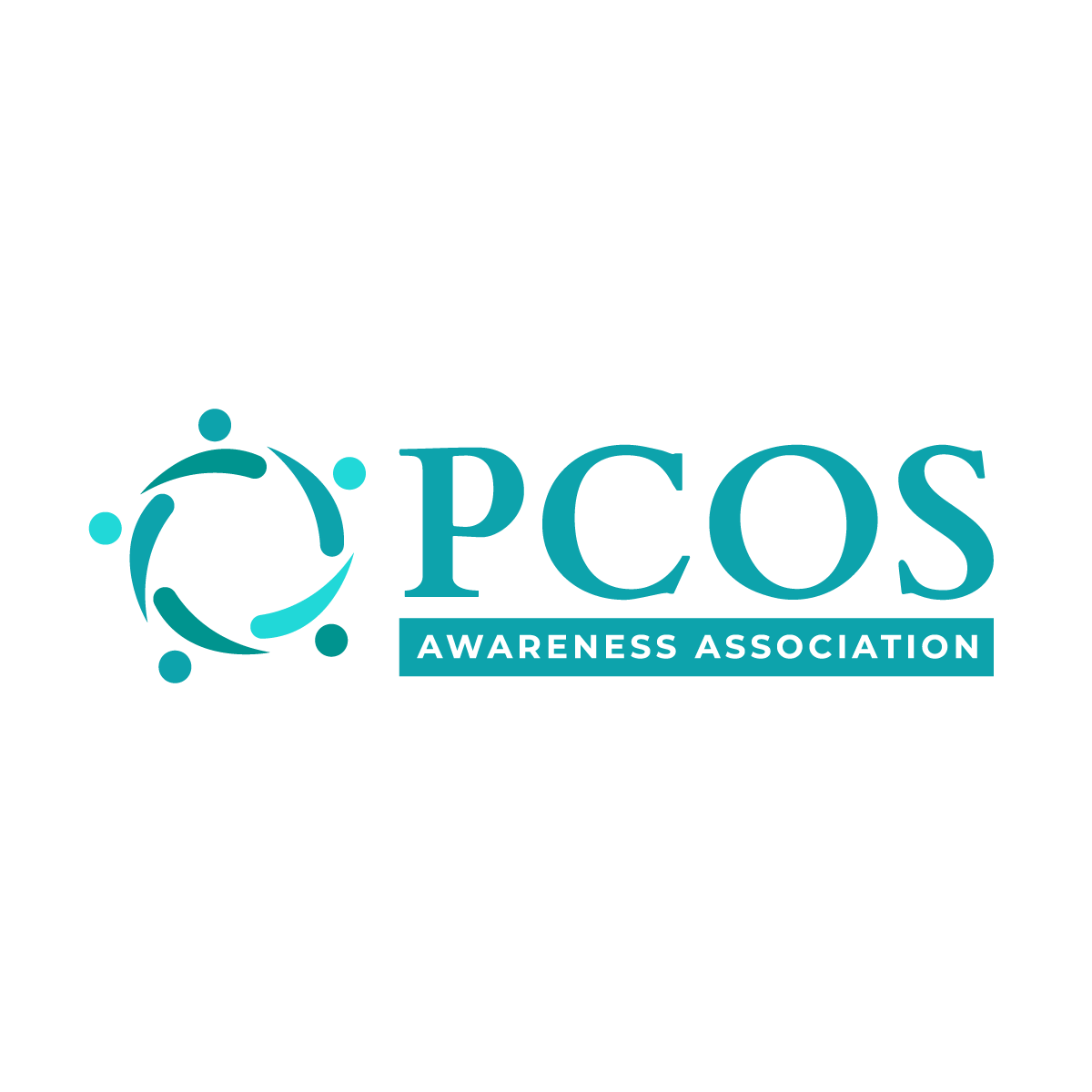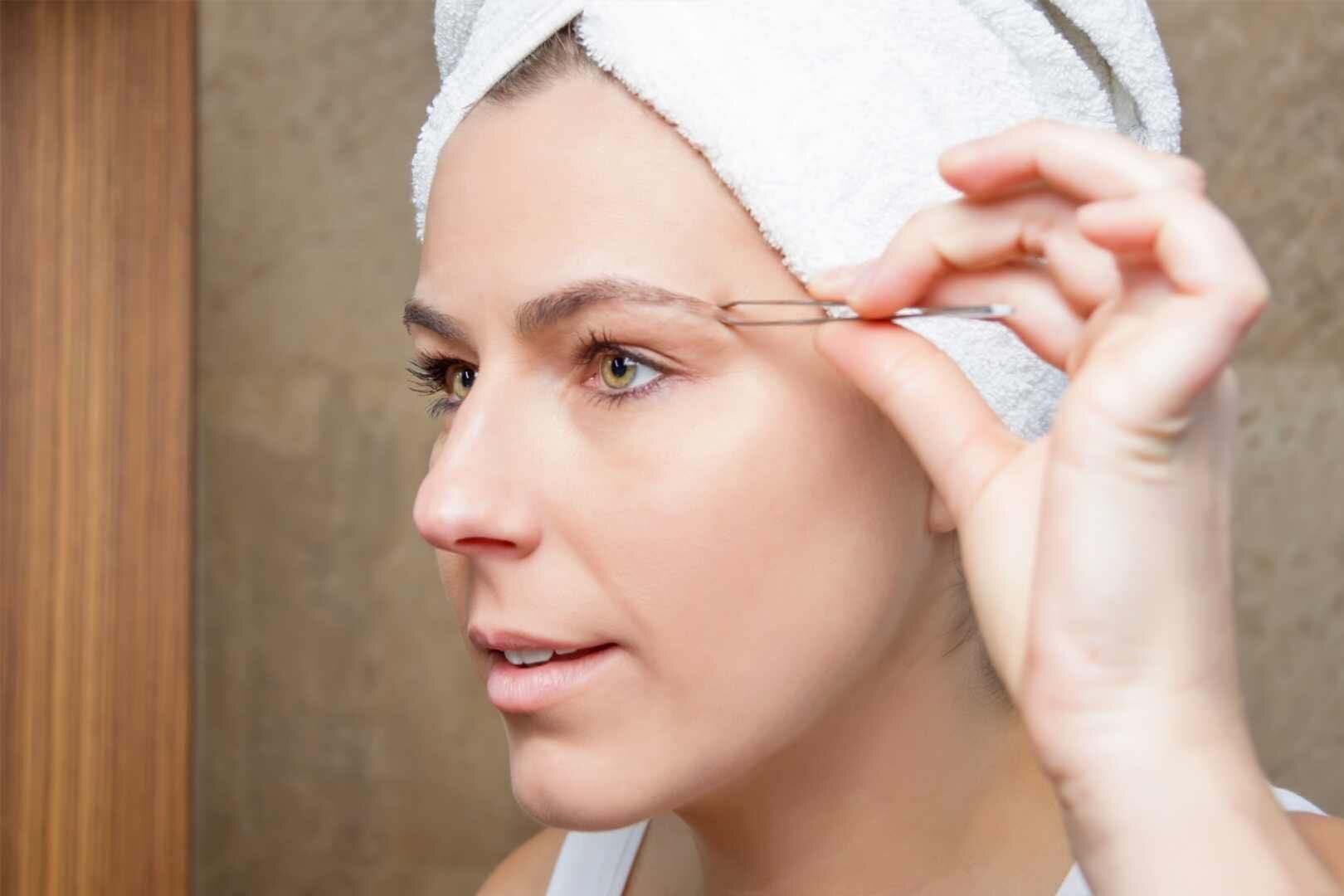PCOS and Unwanted Facial Hair
Causes and Treatments for Hirsutism with PCOSWhat is Hirsutism?
Hirsutism is the excessive growth of facial or body hair on women. Hirsutism and unwanted PCOS facial hair are very common with polycystic ovary syndrome. Hirsutism can be seen as coarse, dark hair that may appear on the face, chest, abdomen, back, upper arms, or upper legs. Hirsutism is a symptom of medical disorders associated with the hormones called androgens.
Hirsutism is very common and often improves with medical management. Prompt medical attention is important because delaying treatment makes the treatment more difficult and may have long-term health consequences.
Effects of Androgens on Hair Growth
An overabundance of facial and body hair is usually the result of excess androgens in your body. Androgens are present in both men and women, but men have much higher levels of biologically active androgens. In women, androgens are produced by the ovaries and the adrenal glands.
If your hair follicles are hormone-sensitive, androgens may cause some vellus hairs to change to terminal hairs. Terminal hair is longer, darker, and more coarse than vellus hair, and grows faster and thicker.
Androgen-sensitive areas of hair growth include:
Upper lip
Beard area
Breasts
Lower abdomen
Inner thighs
Lower back
Diagnosing Hirsutism
Reproductive and medical endocrinologists are trained to treat hirsutism. Some gynecologists, dermatologists, and general practitioners also have the necessary expertise to help with this problem.
If you are diagnosed with hirsutism, your physician may perform blood tests, an ultrasound, special x-rays, and hormone tests to evaluate the function of your ovaries and adrenal glands.
Drugs that Curb Androgen Levels
Drugs that curb androgen levels are another common treatment used for PCOS, although they are not officially FDA-approved for PCOS treatment. By lowering androgen levels, many patients have significant improvements in androgen-related symptoms such as excess hair. Spironolactone is the anti-androgen drug most often used.
To curb hirsutism (excess hair), Dr. Andrea Dunaif from Northwestern University typically starts patients with spironolactone. A 6-month trial is needed to show effects on unwanted hair, and she usually starts women at a higher dose. The unwanted hair doesn’t disappear; it grows in finer and lighter. Improvement of acne generally comes more quickly. Unfortunately, this drug is unlikely to help with androgen-related hair loss (aka androgenic alopecia) which is more difficult to treat.
Two important things to note are that the long-term safety effects of use are not known (but the drug has been in use for decades already) and spironolactone IS NOT SAFE in pregnancy, so it is commonly used in conjunction with birth control pills. This use of birth control pills also protects against abnormal growth of the lining of the uterus. Some women cannot take birth control pills, in which case it is important to use other means of birth control if you are sexually active while taking spironolactone.
Laser Therapy and Electrolysis
Treatments targeting the skin or hair more directly are also available to help with hair problems. These include the prescription cream eflornithine hydrochloride (Vaniqa), acne products, and cosmetic treatments such as laser therapy and electrolysis.
Laser treatments may be used on large areas of the body. During a laser hair treatment, a beam of light is passed through the skin to the hair follicle to destroy it. People with light skin and dark hair usually achieve the best results with laser hair removal.
During electrolysis, a very fine needle is inserted into the hair follicle. A mild electric current is sent through the needle to permanently destroy the hair follicle’s ability to produce hair. Since follicles are treated one at a time, it is somewhat impractical to use electrolysis to treat very large areas of the body.
Both methods of hair reduction are moderately painful, depending on the area of skin being treated, and multiple treatments usually are required. Nevertheless, electrolysis and laser therapy are very effective ways to remove unwanted hair. However, they may not reduce all hair growth and may not always be permanent.
If you are diagnosed with hirsutism or have unwanted PCOS facial hair, your goals and concerns can be addressed in a relatively short period of time, and treatment often is successful.

